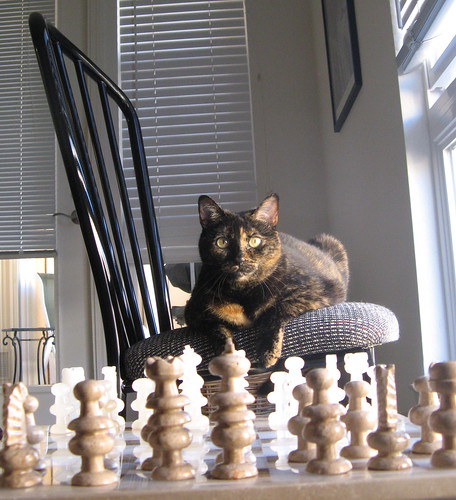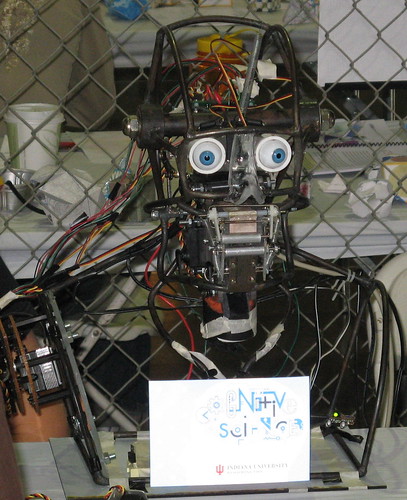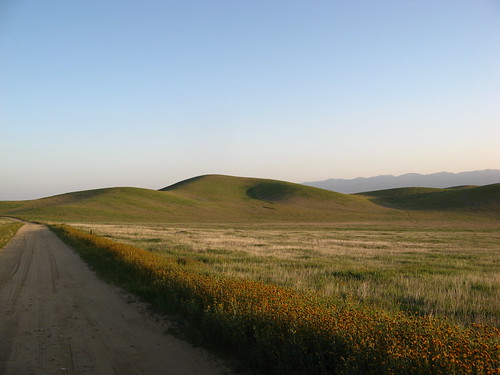I had another of those birthdays yesterday. My operative approach to getting old is simple and familiar: Every day above ground is a good one, or at least presumably better than the alternative.
The other day it occurred to me what an extraordinary time we’re living in. That was before Barack Obama very predictably was elected president (go back as far as you can count and you’ll find pretty much every time: the better candidate with the better campaign wins. My eyes misted up a bit at John McCain’s concession speech on election night — I figured after all he’s done for the country, he deserves better. But the whole point of an election is somebody wins and somebody loses. Good man, terrible campaign. Bob Dole had the same experience; here’s hoping the Senator from Arizona doesn’t start flogging Cialis Moments anytime soon.)
Heck, I’m getting fed up with Obamamania already and the guy isn’t even sworn in yet. It could be a long four or eight years for the news biz if Obama runs a tight-ship White House that’s anything like his gaffe-deficient campaign. We have whole departments devoted to presidential screw-ups; what if the prez doesn’t supply any? I don’t want to live in such a world (and I doubt I’ll have to).
But back to the extraordinary times. Forget about America finally getting around to electing a black (well, a half-white Harvard-educated millionaire) president. Had to happen sooner or later; Hollywood’s been preparing us for it for at least 15 years. The real deal, historywise, is the Stock Market Crash of ’08. Guess what: we lived through it. I’m pretty sure no bankers jumped from high windows … I’d have given my eyeteeth to write this headline: Ledge-Leaper Survives by Landing on Taxpayer (mind you, I stole this gag from a cartoonist; and I don’t have any eyeteeth).
The thing about the Crash is: hard times prove what people are made of far more efficiently than times of plenty. In good times you go to work every day, do the same seven or eight things the same way you did them 14,736 times before, go home and watch the same number of hours of television and buy the same number of consumer goods. Years get wasted on repetition.
In hard times, you think about hanging around the office a bit more to keep yourself in good standing with the ol’ paymasters. If your business is getting beat up, you think less about the seven or eight old things that used to work and start thinking about the seven or eight new things that need to work. Tried-and-true is toast during tough times.
A lot of people I know lost their jobs before the crash. We’re hanging on for dear life at the paper, and every headline saying the auto industry is in a shambles or that retail sales are off by 20 percent is telling us: the money from whence our paychecks flow is getting scarce. We’re in the midst of a union contract negotiation that seems, well, counterintuitive: the whole point of a union is to pry more cash out of the greedy capitalist’s pocket. Suppose our company’s greedy capitalist owner is in hock up to his receding hairline and all the money in his pockets belongs to some bank back east, with interest? We never gave 13 seconds thought to how many Jaguars or corporate jets our owner might have to do without to keep us off the picket lines. But right now, his problems feel like our problems.
I can’t imagine things getting as bad as the Great Depression. I can imagine people getting a little more thoughtful about pinning their prosperity on borrowed money. I can see some good coming from Wall Street and the hedge fund crowd getting their come-uppance. The good times of the past 15 years had us doing everything under the sun with somebody else’s money. Now the whole country’s in hock up to its receding hairline when it needs to have something set aside to ride out the tough times.
Over the years the whole world developed an abiding interest in Americans going into debt to buy stuff they could do without in a pinch. Well, the pinch has arrived, and the world’s reacting like anybody would after a door slamming shut wakes them from a nice afternoon nap: panic first, watchfulness next, then the realization that the world has not come to an end.
It’s true that the Crash of 1929 led to the Great Depression, World War II, hydrogen bombs, the Cold War and Vietnam, all of which we’d leave off the Tourist Brochure of the 20th Century. But after all those calamities, people got a little smarter, a little more humane (nobody firebombs whole cities, leaving 100,000 dead anymore). Somehow, against all odds, the world emerges a teensy-tiny better place after these horrible episodes.
That’s the track record I’m banking on.


